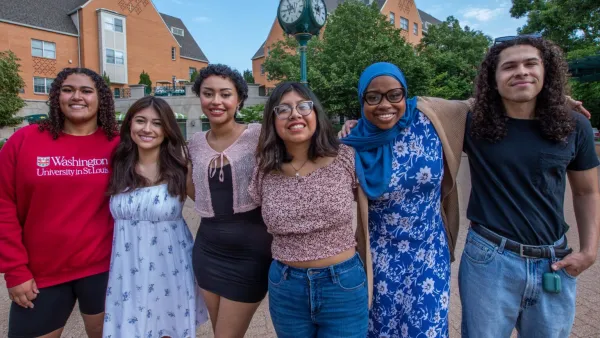Incoming faculty member, Elaine Yao, has published a new article in the American Journal of Political Science (AJPS). The article, titled, "Brook no compromise: How to negotiate a united front," looks at ways differing parties in negotiations can find mutually beneficial compromises and how refusal to compromise can cause more issues.
Read the abstract below, and read the full article on the AJPS website.
Abstract:
Negotiating factional conflict is crucial to successful coordination: Political parties, rebel alliances, and authoritarian elites must all overcome internal disagreements to survive and achieve collective aims. Actors in these situations sometimes employ hardball tactics to block outcomes they dislike, but at the risk of causing coordination failure. Using a dynamic bargaining model, I explore how the threat and usage of these tactics impact coordination. In the model, two players who prefer different reforms must jointly agree on one to overturn a mutually unfavorable status quo. Neither knows the other's willingness to compromise—whether they prefer the status quo over their less-preferred outcome. Players who are willing to compromise delay hardball, balancing incentives to preempt the opponent against the benefit of waiting to gather more information. Finally, I identify factors that incentivize players to exercise caution, thereby reducing the incidence of avoidable miscoordination, which results when players preemptively rule out possible compromises.



